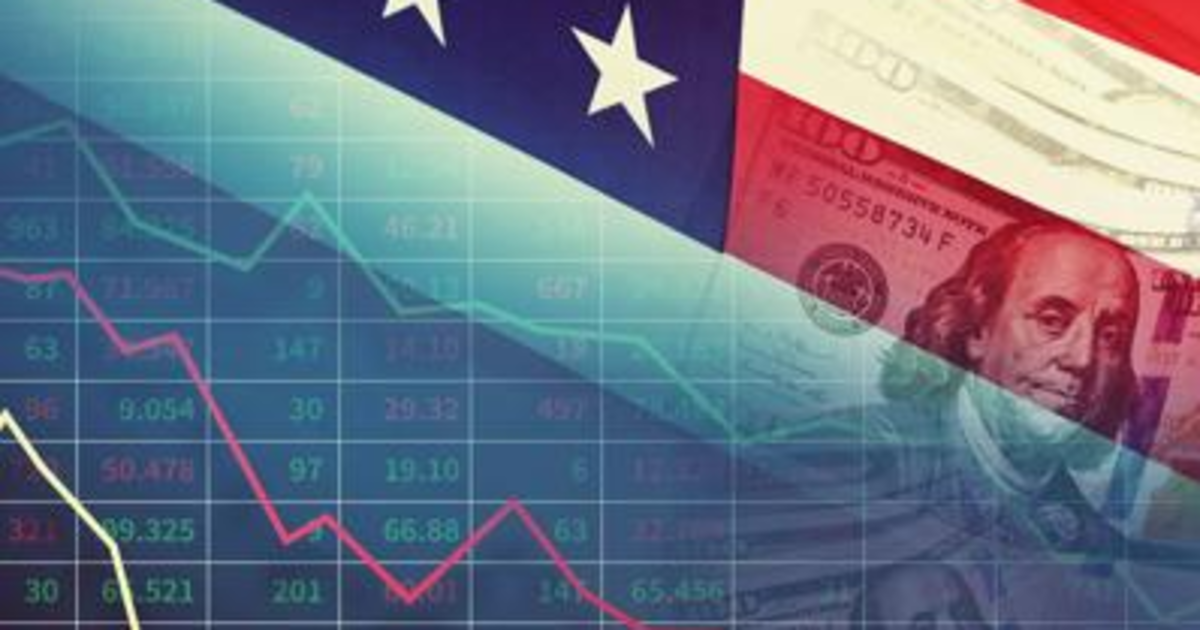Taipei, Taiwan — The National Security Fund has decided to maintain its support for Taiwan’s stock market amid ongoing uncertainties surrounding the United States’ reciprocal tariff negotiations with several countries. This move comes as the trade talks, particularly between the U.S. and Taiwan, Japan, South Korea, and other major partners, remain unresolved after multiple rounds of consultations.
During its second-quarter regular meeting held yesterday, the National Security Fund Management Committee opted not to exit the market, citing the need to stabilize investor confidence in light of global economic and political uncertainties. Finance Minister Chuang Tsui-yun presided over the meeting in place of Vice Premier Cheng Li-chun, who also chairs the committee but was unavailable.
The Fund emphasized that unresolved reciprocal tariff measures by the U.S. are contributing to international financial instability, affecting global capital flows, and prompting a realignment of supply chains. Continued geopolitical risks and a potentially weakening global economic outlook were also identified as threats to Taiwan’s industrial development and corporate earnings, which could in turn dampen market sentiment.
“The situation calls for continued intervention to support investor confidence and maintain stability in the domestic stock market,” the committee noted.
Ongoing U.S. Trade Negotiations Create Global Ripple Effects
While Taiwan remains closely affected by the progress of these trade talks, the broader global picture is also marked by uncertainty. Kevin Hassett, chairman of the U.S. White House National Economic Council, stated on ABC’s This Week that current proposals submitted by negotiating countries have not yet met President Donald Trump’s expectations. Hassett noted that discussions with the European Union, Canada, and Mexico are still underway, with potential developments anticipated in the coming weeks.
Meanwhile, at Andrews Air Force Base, President Trump highlighted Japan’s quick shift in approach to the bilateral tariff negotiations but reiterated his dissatisfaction with Japan’s continued resistance to importing American automobiles and agricultural products like rice. As for South Korea, Trump remarked, “South Korea now wants to reach an agreement,” indicating more willingness on their part.
South Korea Eyes Framework Agreement by August
In a related development, South Korean Trade Minister Yoo Han-koo revealed yesterday that Seoul and Washington have made meaningful progress and are aiming to sign a framework agreement before August 1. This preliminary deal would pave the way for further discussions on the specifics.
Taiwan’s top industrial competitors—Japan and South Korea—are also navigating the same volatile trade environment. The U.S. has already proposed new tariff rates, but further negotiations are expected, adding to the atmosphere of uncertainty.
Fund’s Market Intervention Continues
The National Security Fund’s ongoing presence in the market aligns with expectations. Since its decision to intervene following Trump’s announcement of a reciprocal tariff policy on April 2—an event that caused a sharp downturn in global stock markets—the Fund has actively worked to stabilize Taiwan’s economy. A financial report released after yesterday’s meeting showed that as of the end of June, the Fund had invested over NT$7.7 billion across 57 trading days.
This marks the ninth time the National Security Fund has intervened in the market since its inception, reinforcing its role as a key mechanism for safeguarding Taiwan’s financial stability during periods of international volatility.



